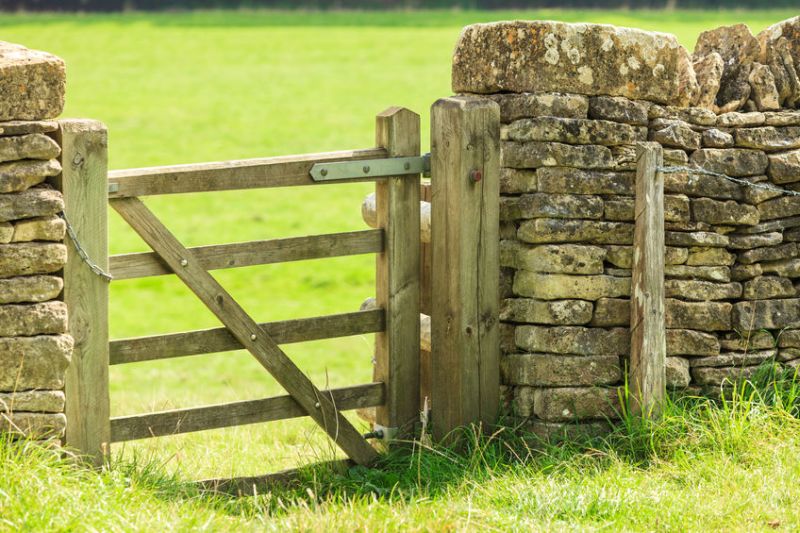
A divorce expert has reminded farmers of the financial implications that divorces can bring to farming businesses, as they are complex and require careful planning.
Abby Buckland, partner at law firm Kingsley Napley LLP, specialises in farming related divorces. She has written the following advice for farmers.
It is a misnomer that the first working Monday of January is the most popular day of the year to start divorce proceedings. As a divorce lawyer, I do not see a sudden influx of enquiries on that day from unhappily married people.
It is more accurate to say there has been a general increase in enquiries as couples have sought to take advantage of the new “no fault” divorce legislation designed to make splitting up a simpler, less confrontational and speedier process.
However, it remains the case that farming divorces can be complex and require careful planning.
This is because the financial implications often require creative solutions to protect against the sale of a long-held family asset and business or involve issues such as trust arrangements or succession considerations.
As such farming divorce cases frequently require the involvement of the wider family.
Followers of Radio 4’s The Archers will have heard this play out in the recent storyline of the divorce of Alice and Chris Carter.
Farmer Brian Aldridge, who never approved of his daughter marrying Chris, has been concerned about Alice’s shareholding in the family farming business, Home Farm, and whether Chris’ claims on divorce could impact on the family finances.
His anxiety is both realistic and appropriate because the court has a wide-range of powers on divorce to deal with the available assets and this can include ordering the sale or transfer of shares.
Brian’s involvement has certainly increased the temperature in Alice and Chris’ divorce but his concerns are entirely relatable for farming families.
It is often the case that a farm, either in whole or in part, has been in one party’s family for generations and has been gifted to or inherited by that party before or during the marriage with an expectation it will be retained for future generations.
No wonder therefore that the wider family involve themselves, because the stakes can be so very high.
The court will do all it can to avoid the forced sale of a farm, particularly when it is profitable, but it is not always possible to meet both parties’ needs without a sale.
This causes the wider farming family anxiety, as a potential claim by their adult child’s spouse against the family assets could threaten the continuation of the farming business.
The importance therefore for families of protecting their farming business from the consequences of a potential future divorce cannot be underestimated and for that reason pre-nuptial (or post nuptial) agreements are becoming increasingly common.
This is something Alice Carter denied her family the opportunity to insist upon, as she and Chris announced their spur-of-the-moment marriage upon returning from a holiday in Las Vegas.
But in an ideal world planning ahead is essential for every farming family. It may require diplomacy and some sensitive discussions to contemplate marriage breakdown at the time of a happy engagement, or even shortly after a wedding.
However, this could mean the difference between a farming business being sold or continuing for the benefit of future generations.
The aim of a pre- or post- nuptial agreement is to reduce disputes on a divorce and it is often parents who push for one to be made since they can offer a way to ring-fence prized farming assets.
They can, for example, help prevent a situation whereby it is necessary to sell all or part of the farm, or to split it 50:50, which is the starting point for asset division upon divorce.
Whilst pre-nups are not yet legally binding in England and Wales, those that are fair will tend to be enforced.
Alice and Chris Carter agreed not to involve the court in their financial separation and to settle the issues directly between them. If they had not done so, the proceedings could have been protracted, costly and unpleasant.
If farming families want to avoid similar divorce drama in real life, a pre or post-nuptial agreement can help to minimise the risks.
With a farming divorce, almost more than any other divorce, careful thought and strategic planning is required; it’s not just the end result that matters but the future as well.
